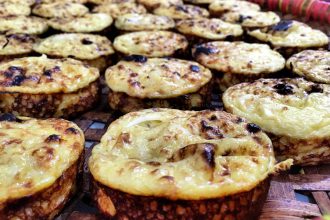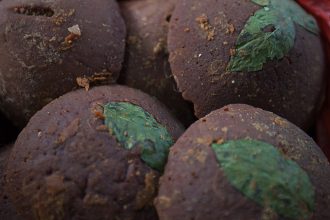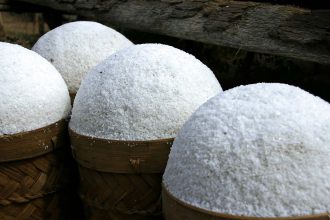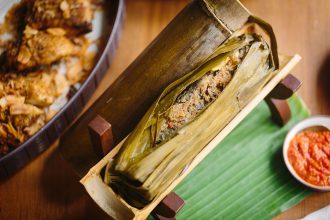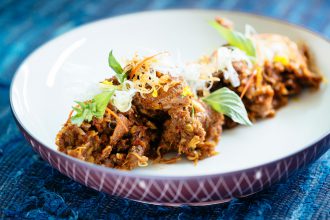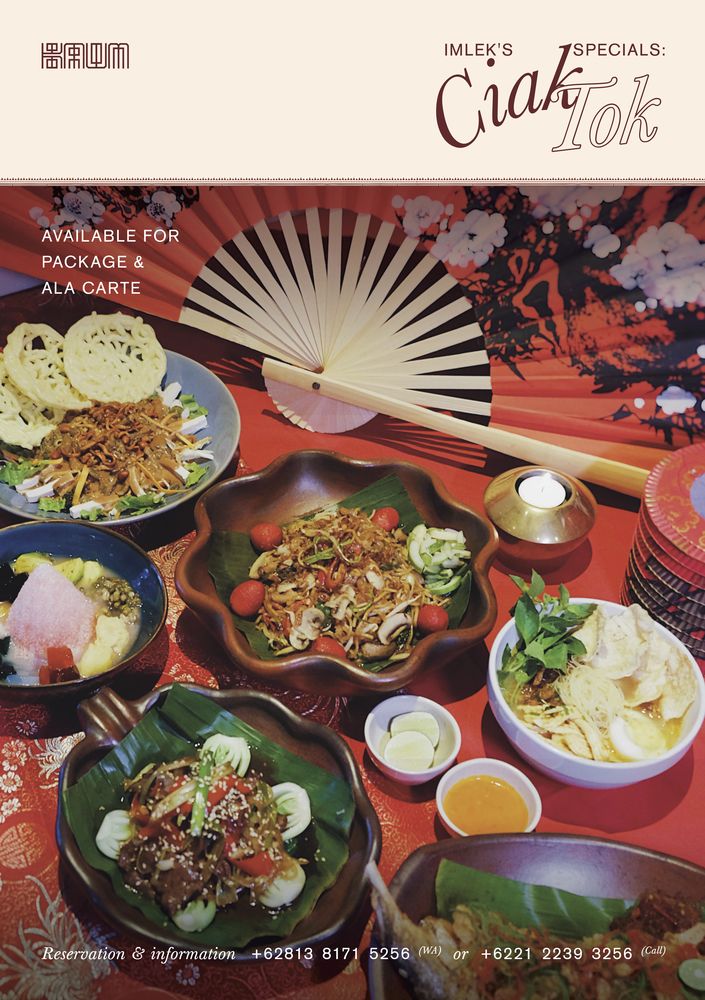
From January 6 to 30, 2025 at Kaum Jakarta
From January 6 to 30, 2025, Kaum Jakarta invites you to experience the warmth and togetherness of Chinese New Year with Ciak Tok, a traditional Chinese custom of communal dining, also known as ‘makan meja’. This cherished Chinese traditional custom dining is a celebration of family, unity, and prosperity, making it the perfect way to welcome the Lunar New Year.
This year, Kaum Jakarta is proud to introduce a very special menu inspired by our latest culinary explorations in Yogyakarta, Surabaya, Tangerang, and Glodok.These dishes are carefully crafted from sourced ingredients provided by local cultural and culinary merchants and enthusiasts, showcasing one of the best Peranakan menu and ingredients in Indonesia.
CONTINUE THE JOURNEY
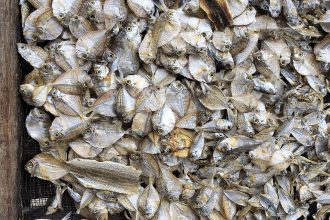
For many Indonesians, salted fish is one of life’s simple pleasures. We are perfectly content enjoying steamed rice, salted fish and a fiery sambal (chilli relish), devouring all with our right hand. Happiness is purely simple for most Indonesians!
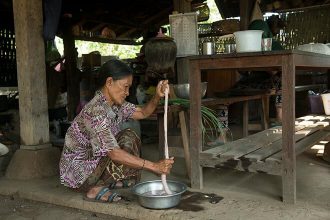
Singaraja totally captivates us…”
Lisa Virgiano is brimming with enthusiasm for the local produce she and the Kaum culinary collective have discovered in Bali’s oldest port.
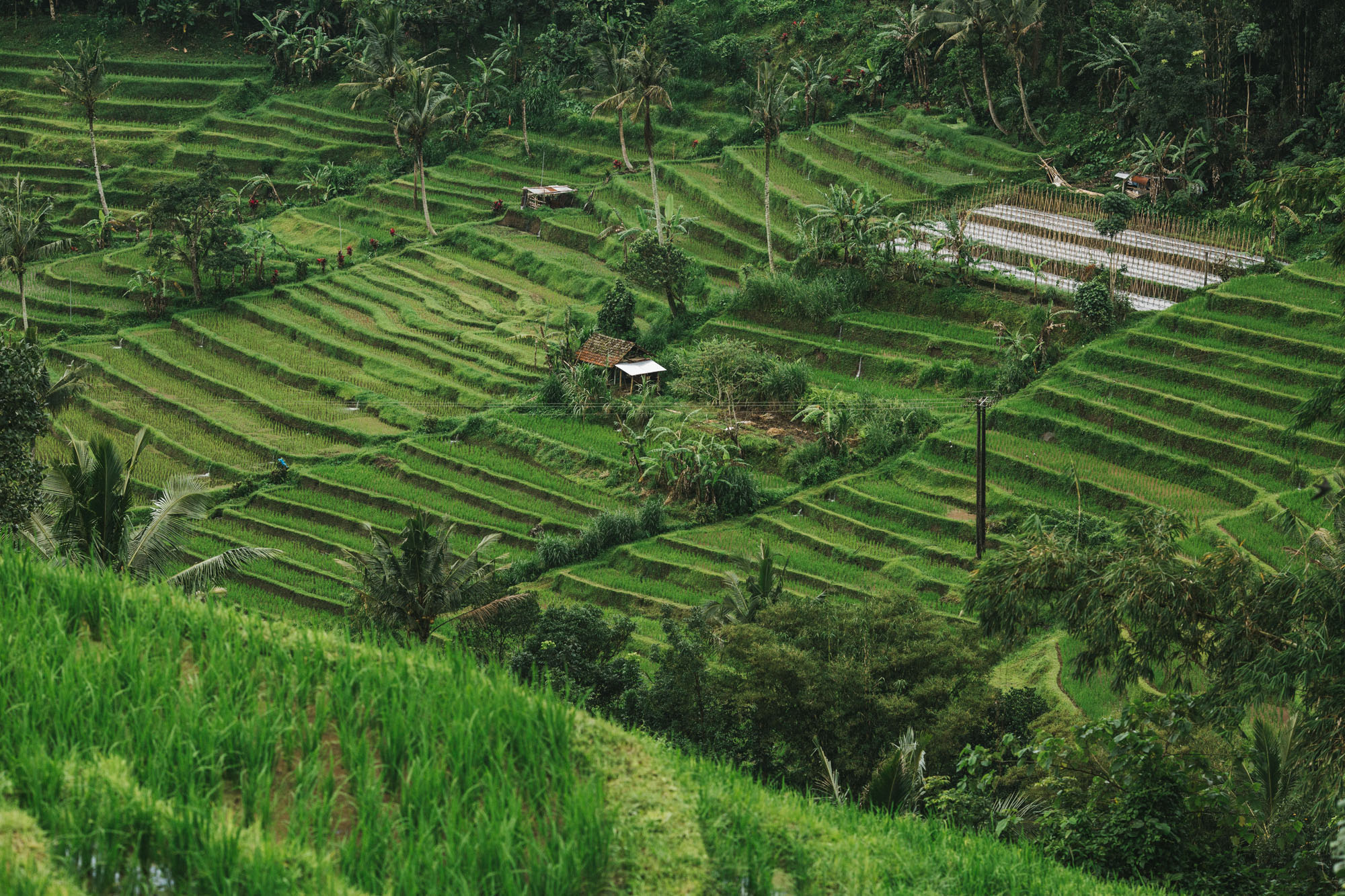
Rice is an essential commodity in Indonesia. Nowadays, most Indonesians think of rice not only as an indispensible component to any meal, but also as a kind of “sacred” staple. But has this forever been the case? Have Indonesians always consumed rice as part of their daily diet?
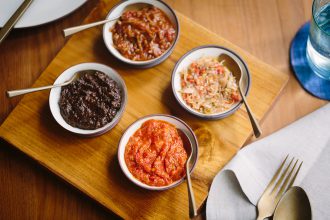
Chilli relish (sambal) is an imperative Indonesian condiment, served with almost every Indonesian dish. It arouses the appetite, ignites the senses, and complements the taste.
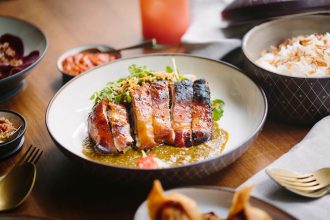
Bali has been part of the Asian trading network since the 15th century. Traders from Java brought rice and salt which could later be exchanged for cash crops, including pepper from Sumatra, spices from the Moluccas, and cotton from Bali.
